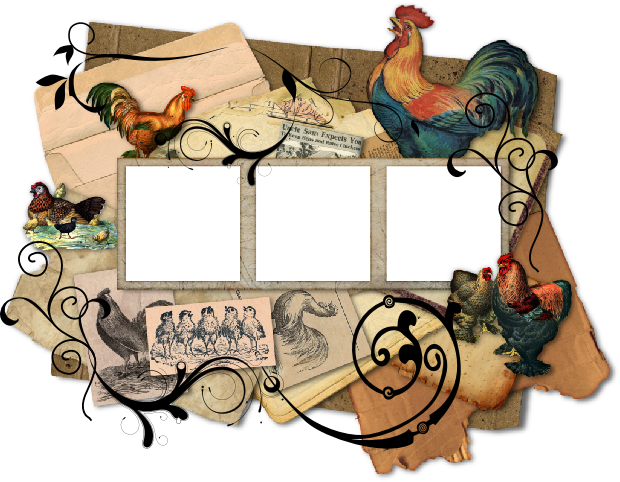
The shelf life of eggs in the nest depends, in part, on the weather–hot weather can
spoil and cause them to lose moisture sooner. I collect eggs once or twice a day.
The hen's body naturally covers an egg when it's laid with a substance called "bloom",
which helps seal out bacteria-
The Egg Song: I've noticed that my hens have a procedure when laying an egg, and
the other hens participate in it. LOUDLY. The hen that needs to lay will first
go from nesting spot to nesting spot, sometimes seeming to be frantically searching
and calling in an agitated way. She eventually will settle in a nest for a few minutes
but will then suddenly come out, cackling loudly. The other birds take up this cackle-
Hens, Broodies & Eggs
Hens, Eggs & Egg Laying

Velvet Sparrow
The codfish lays a thousand eggs,
The hen lays only one
But the codfish? Never cackles
To tell us when she's done
And so we scorn the codfish
While the humble hen we prize
Which only goes to show you
That it pays to advertise!
Young hens that are just coming into lay (at around 6 months of age give or take
a few weeks) for the first time may occasionally have a little 'hiccup' in the egg
laying process that causes them to lay weird eggs-
Adult roos will frequently join in the ‘perfect nest spot’ search, escorting the hen looking to lay around the yard as she fretfully searches. He’ll enter a nest box and quietly burble and cluck at the hens to draw them in, which the hens LOVE and they’ll excitedly pile right in with him. It’s all part of the drama chickens love so, just ignore it. Chances are she’ll lay in the same spot she always lays in, once all the chickens that have crammed into the one nest box have cleared out.
‘Laying Away’
But let’s talk for a moment about what happens when hens DON’T lay in the same spot they always do, in the nest boxes you so thoughtfully provide and where they are SUPPOSED to lay their eggs. This is called ‘laying away’ and literally means ‘laying away from the nests’. Sooner or later you’ll find a hidden nest. Either it’ll dawn on you that your egg collection has come up a bit short the last few days, or one of your hens will suddenly go missing–she’s gone broody over a hidden nest that she or other hens have created somewhere, the little snot, and is trying to hatch them–whether you have a rooster and the eggs are fertile or not, doesn’t matter. Your job is to find her, and right quick. Hidden nests are rarely in sensible places that are protected from predators, and chances are mama, eggs and any chicks that hatch are going to get eaten by something. Some hens do manage to disappear and reappear three weeks later, new chicks in tow, but if it happens it’s the luck of the draw.
Banties are especially fiendishly clever at hiding nests, and your other hens will happily add their eggs to the pile. If you find a hidden nest, toss the eggs out–Lord knows how long they’ve been there, and you don’t want to risk illness from eating them.
Here are some examples of hidden nests we’ve found in the weirdest freakin’ places on Earth–note how often these are banty eggs!
Bear immediately climbed into a huge pile of pruned, thorny rose branches I’d cut and laid an egg in there. Phoenix wisely stood outside the Egg Fortress of Death and watched & waited.
A banty egg in a pan of wet fish tank gravel that I’d taken out to clean.
I’d done some yard clean up a few days ahead of our weekly trash collection and the lid wouldn’t quite close. Four banty eggs!
My husband was in the middle of building a rabbit hutch. The wooden box shape was
good enough for Phoenix! He crammed himself through that little hole and convinced
3 full-
Phoenix again, jumping the gun and enticing hens into an old computer monitor casing I was in the middle of revamping into a nest box for them.
Phoenix again enticing hens into weird nesting spots, this time a trash can half-
Ditto for this bucket that I had just laid on the chair.
And you should never just dump food into the feeder, after all, THERE MIGHT BE A LARGE HEN WHO’S STUFFED HERSELF IN THERE! For crying out loud…
And the zip tie package we’d foolishly left on top of the rabbit hutch for a few days while we were constructing the new chicken run, thinking it was safely out of sight, was found and swirled into a nest. By a banty, naturally.
But far and away, the winner for ingenuity was this VERY hidden nest that I finally found (I saw a hen sneaking in there) suspended in the branches of a large sage plant about a foot off the ground.
But the cutest was the day it was raining hard and we brought our two Polish hens, Poof and Sugar, into the house so their crests wouldn’t get wet and injure their brains, which can happen with crested breeds.
Both had to lay an egg and roamed the house singing their Egg Song at the top of their lungs, which was a joy to all.
Poof eventually laid her egg in a fresh load of laundry on the couch. I realized I hadn’t heard Sugar in a while, walked into the kitchen and found her thus–balanced in a bowl of blood oranges I’d picked off the tree in the backyard.
I think this is possibly the most adorable thing I’ve ever seen.
Broody Hens
Speaking of nesting hens, a broody hen is easy to recognize. She will be constantly
on her nest whether she has eggs or not, generally ill-
Broody hens will sit on their nest in a trance-
If you don't want or can't have chicks and want to break the broody cycle, there
are a number of things you can do. The normal incubation period for chicken eggs
is 21 days. Sometimes a hen will sit a nest for weeks or months to the point of losing
a dangerous amount of weight. I've heard people tell stories of putting the hen under
a box for three days, squirting her with water, etc. This seems kinda needlessly
cruel to me. I simply remove any eggs she has and don't let her sit on any more of
them, roust her off of the nest several times a day, carry her around for a bit with
me, give her some goodies to eat outside the nest, give her a handful of ice cubes
to brood instead of eggs and/or remove or block off the nest. The idea is to make
being OFF the nest more attractive and fun than being ON it. You can cage a broody
hen in a wire cage for a few days to break the cycle, it sometimes works-
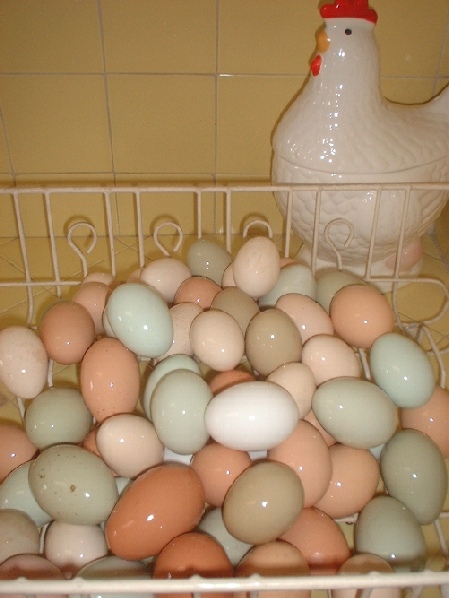 >
>
Jack’s Henhouse
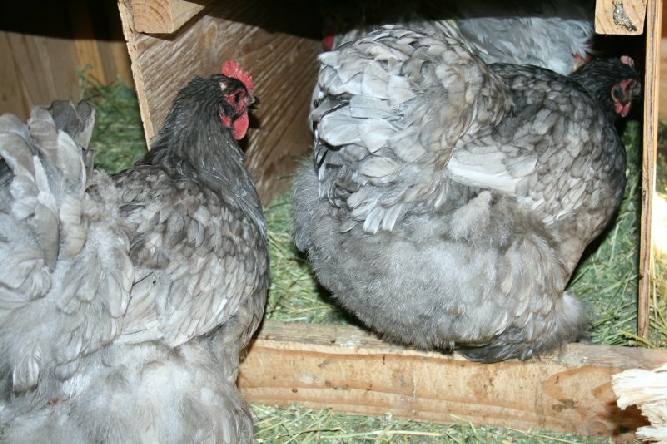 >
>
Jack’s Henhouse
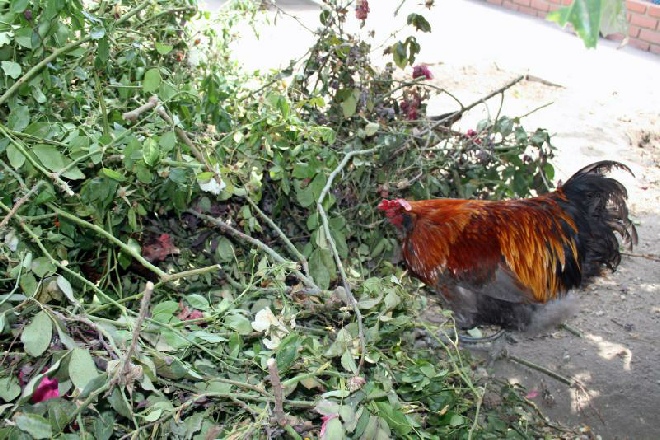 >
>
Jack’s Henhouse
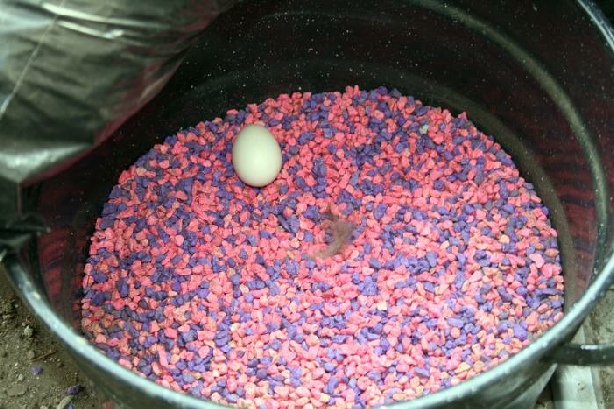 >
>
Jack’s Henhouse
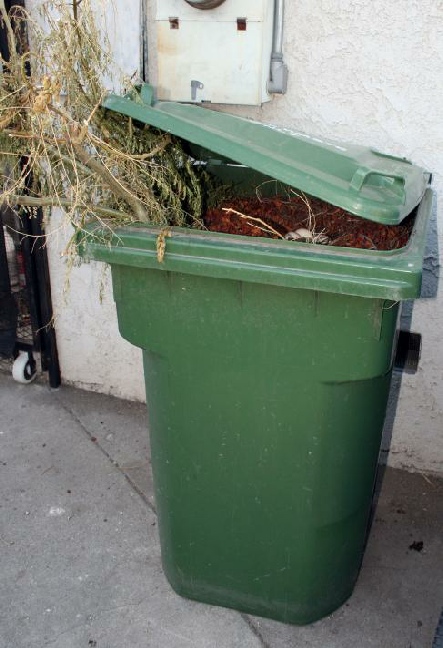 >
>
Jack’s Henhouse
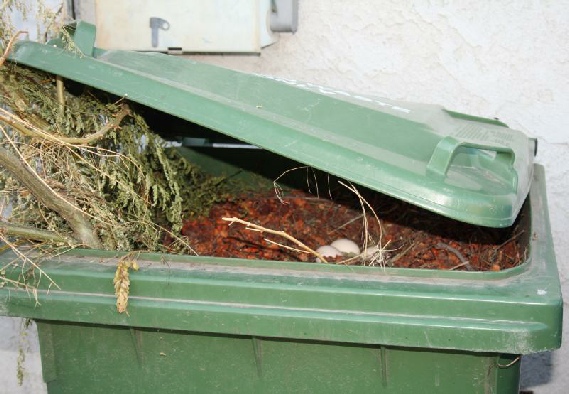 >
>
Jack’s Henhouse
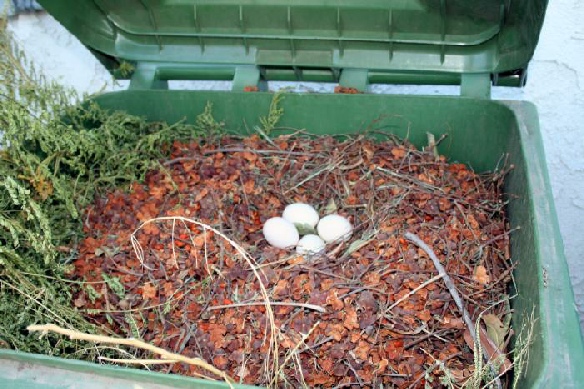 >
>
Jack’s Henhouse
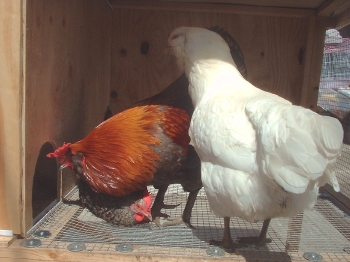 >
>
Jack’s Henhouse
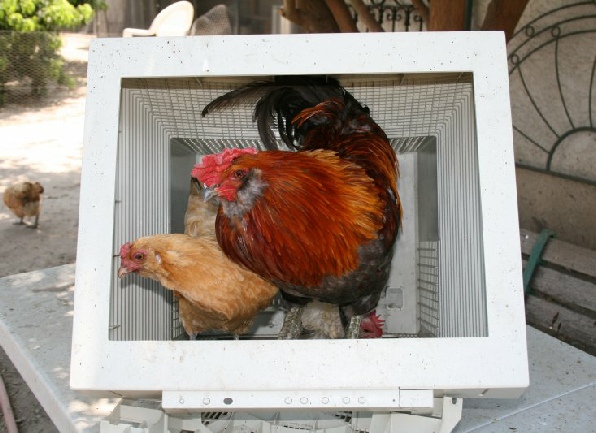 >
>
Jack’s Henhouse
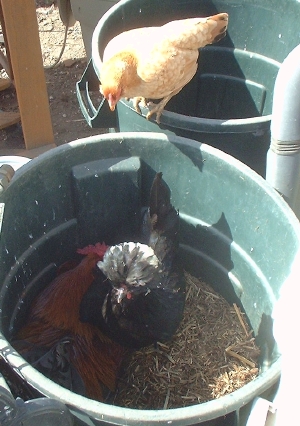 >
>
Jack’s Henhouse
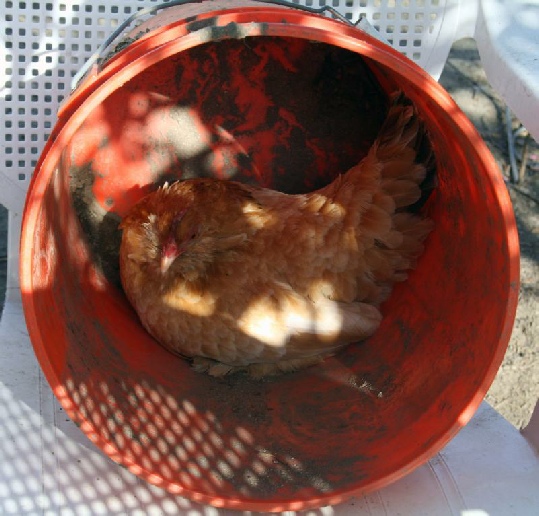 >
>
Jack’s Henhouse
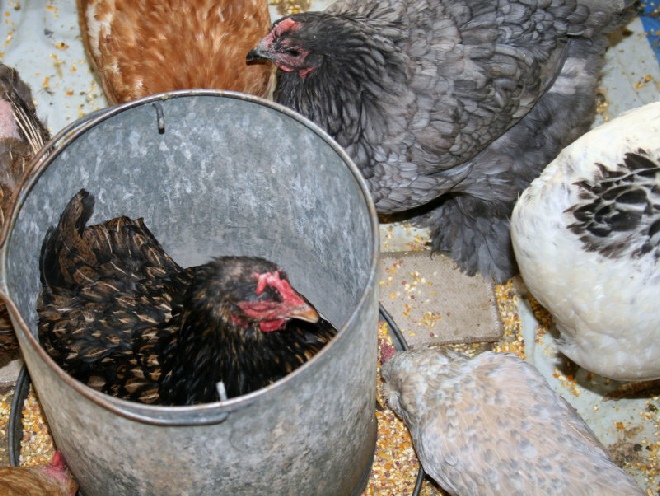 >
>
Jack’s Henhouse
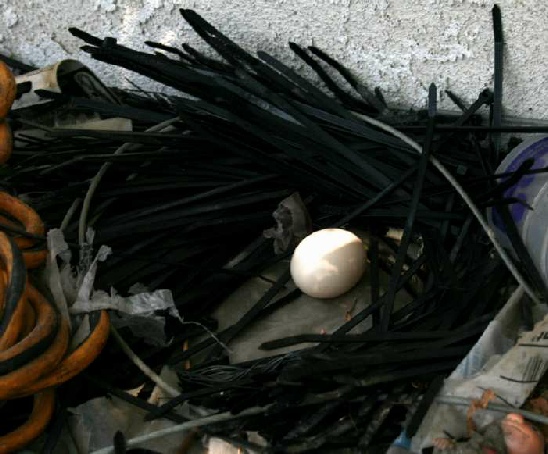 >
>
Jack’s Henhouse
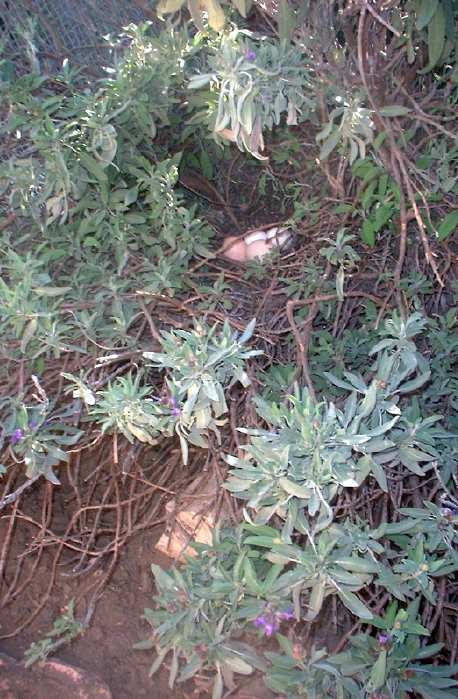 >
>
Jack’s Henhouse
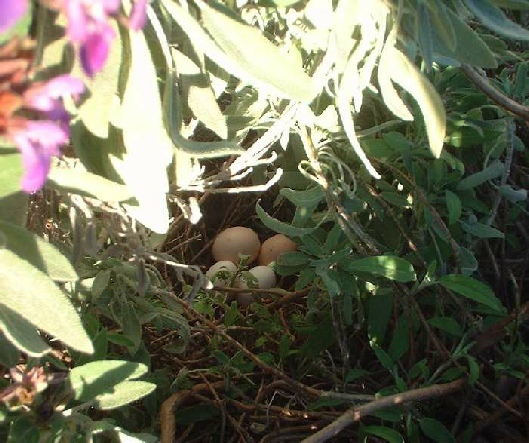 >
>
Jack’s Henhouse
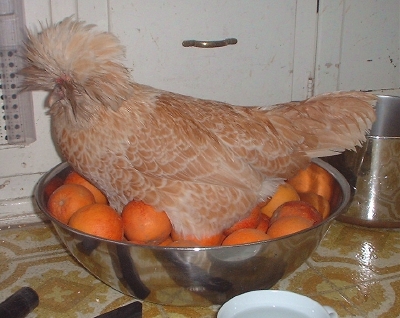 >
>
Jack’s Henhouse
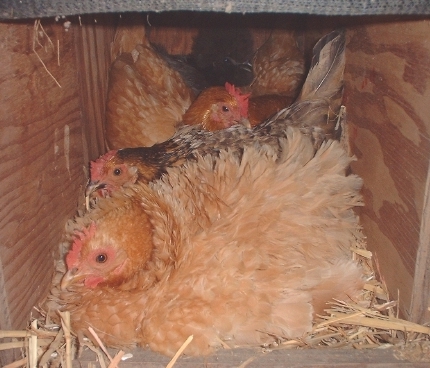 >
>
Jack’s Henhouse
Although Bear DID have a bit of trouble squeezing back out.
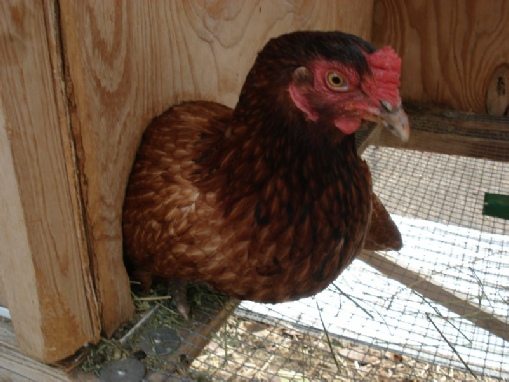 >
>
Jack’s Henhouse
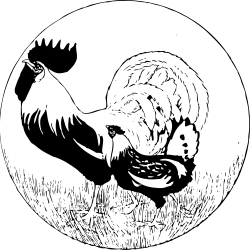

Enjoying the chickens? Has my site helped you?
Want to buy the chickens some goodies?
Click the button!
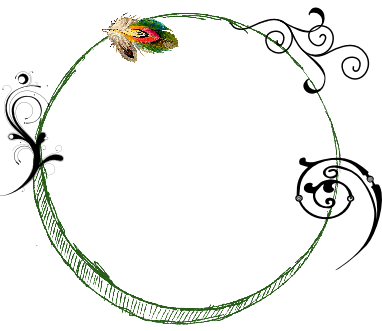

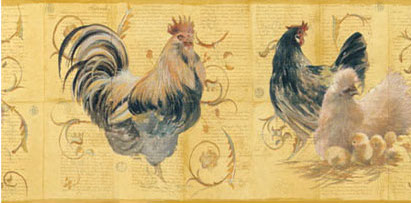
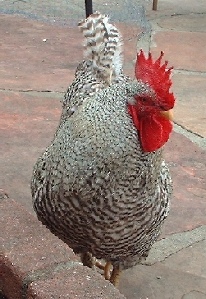 >
>








